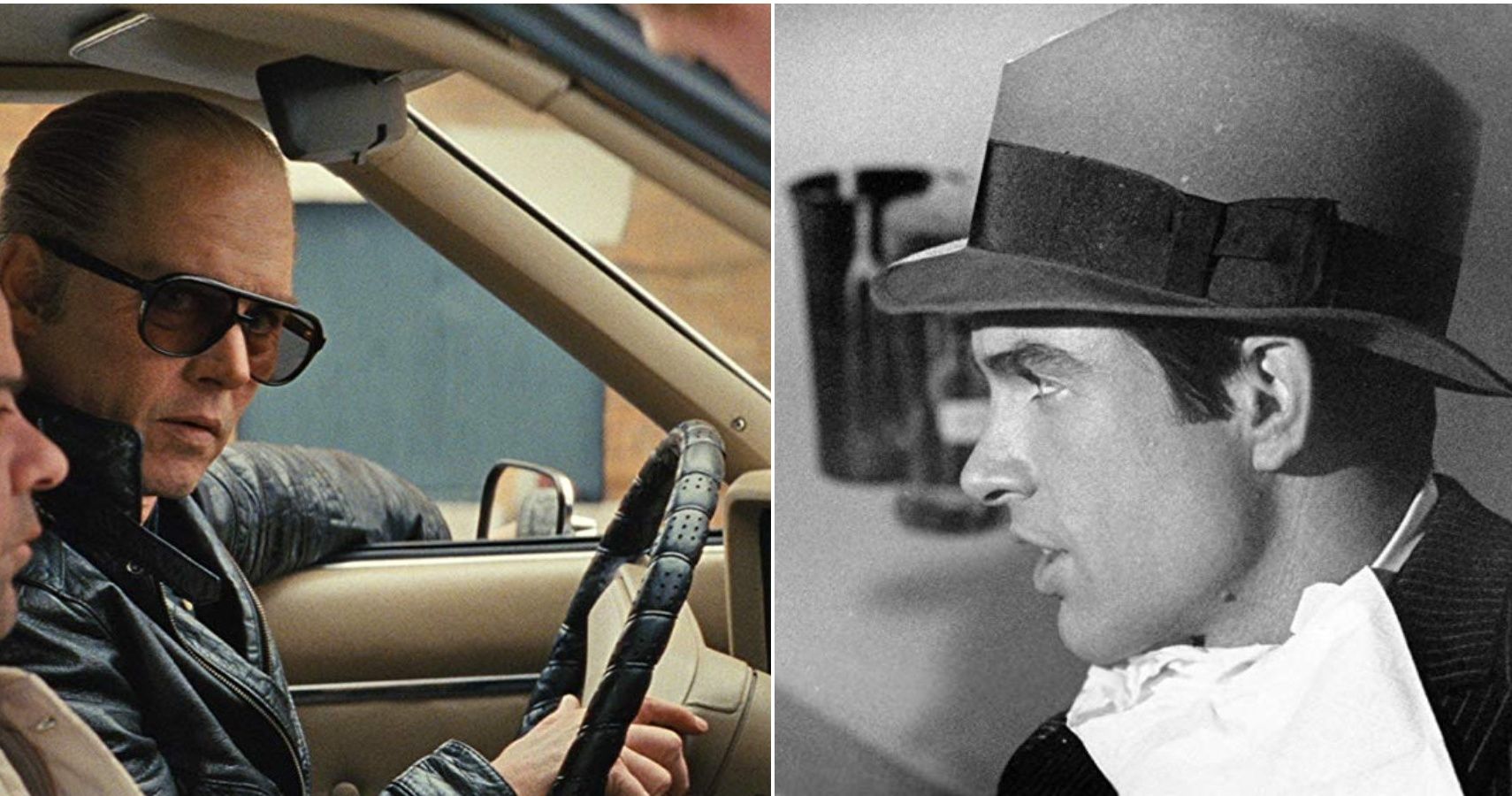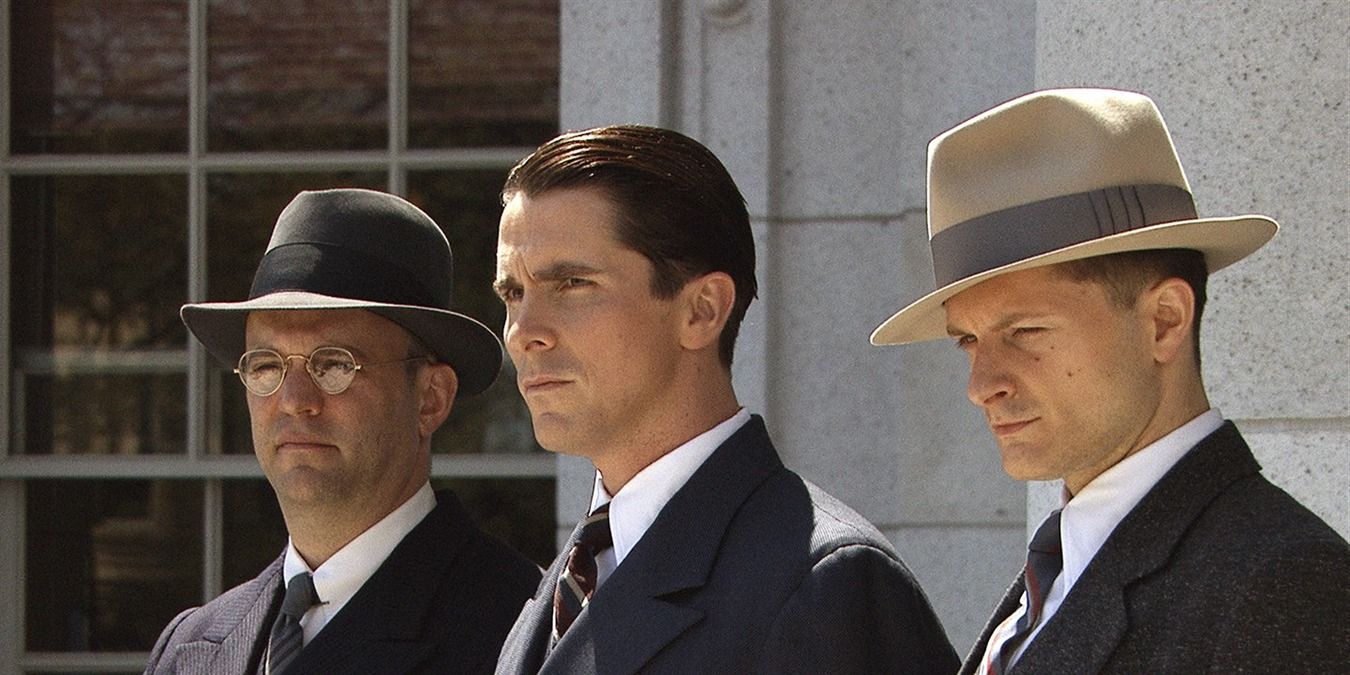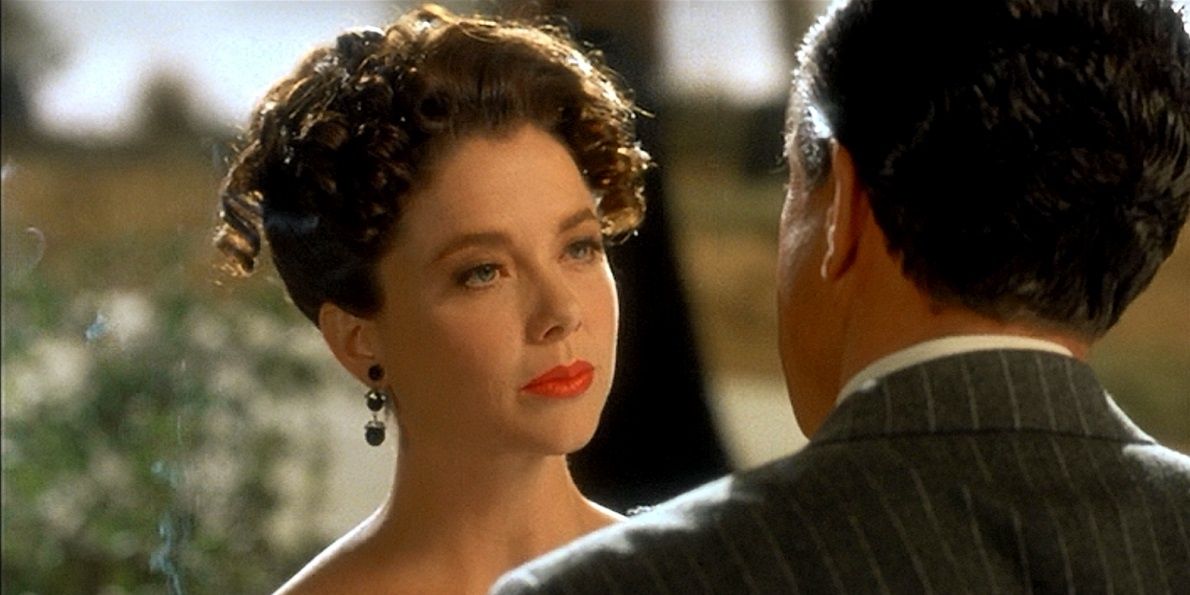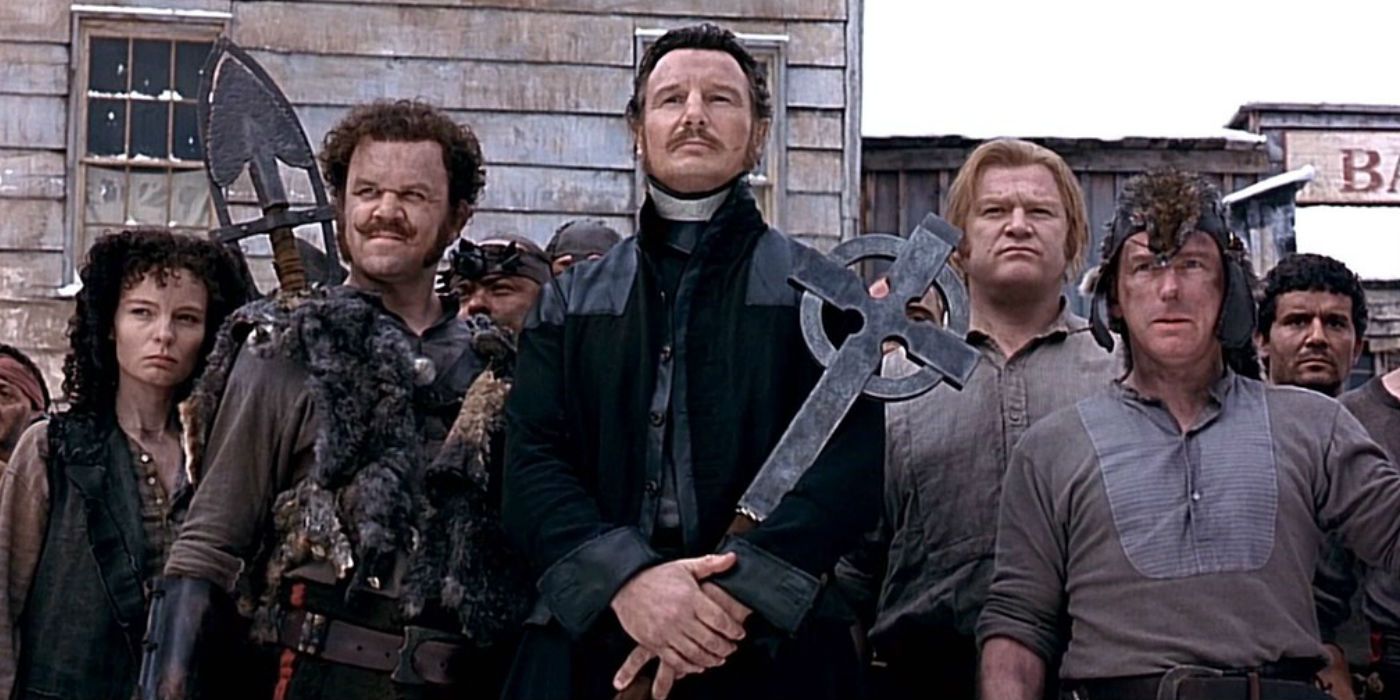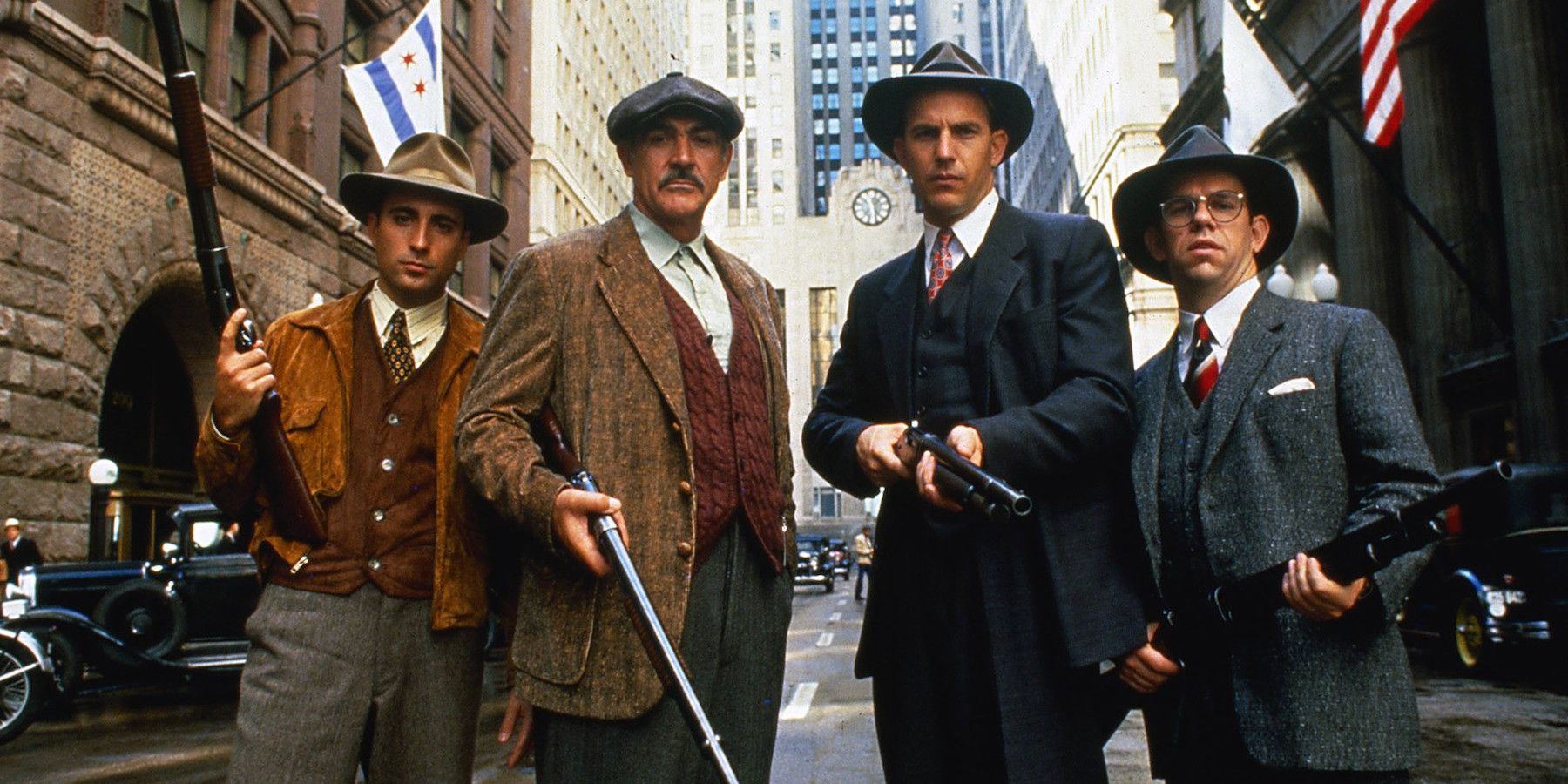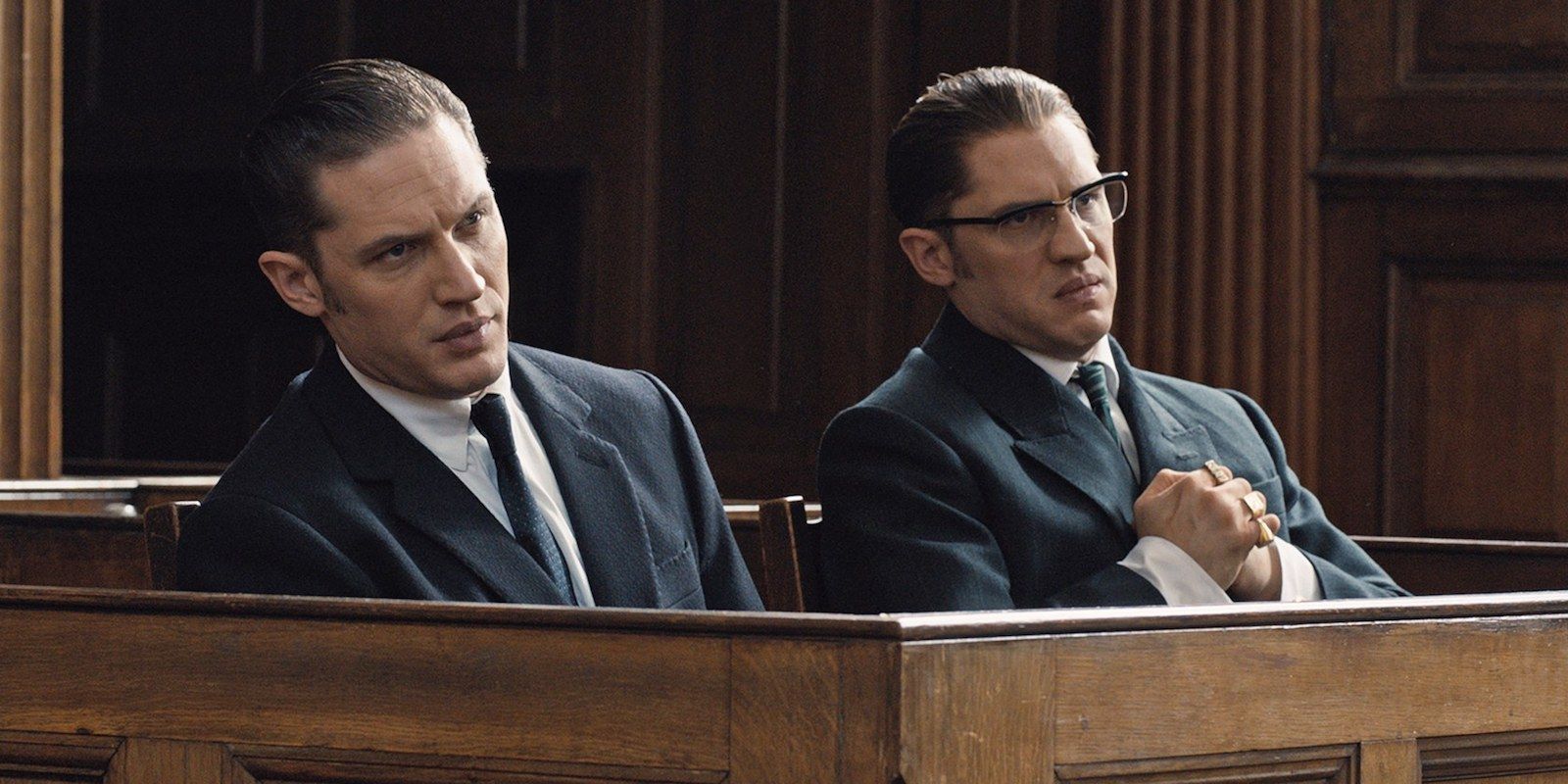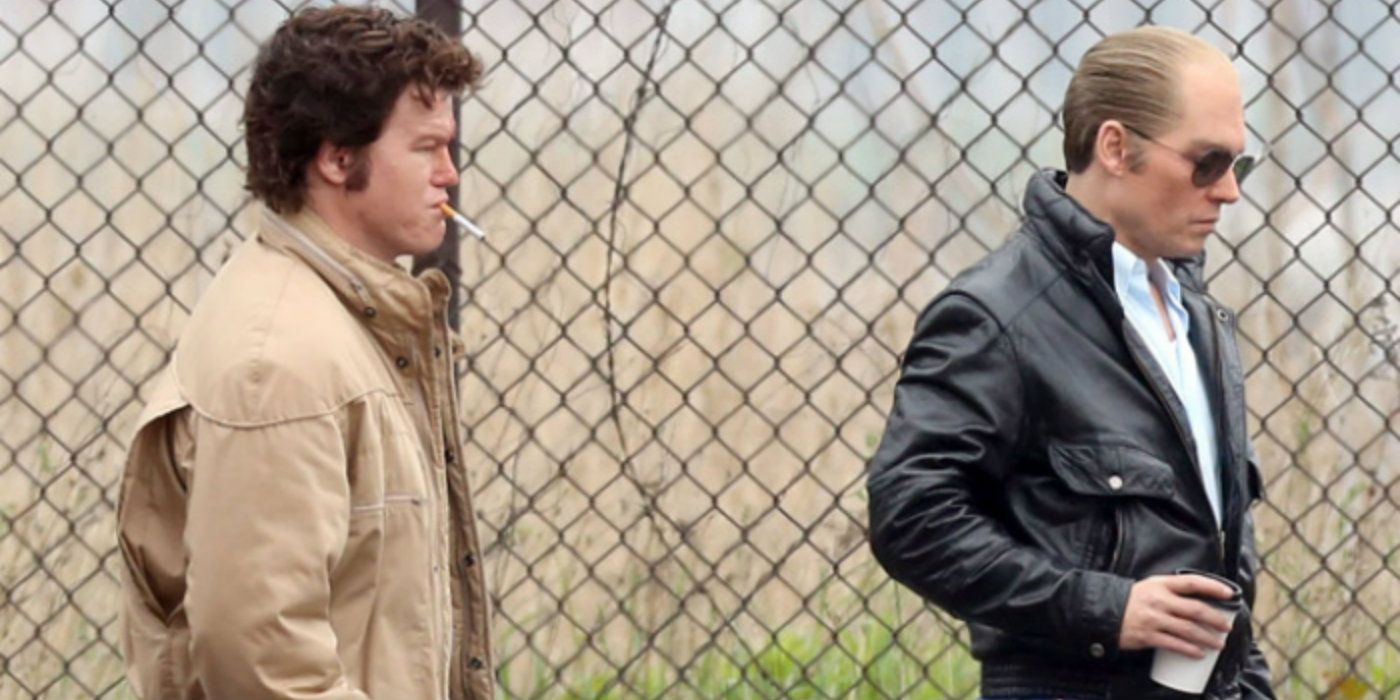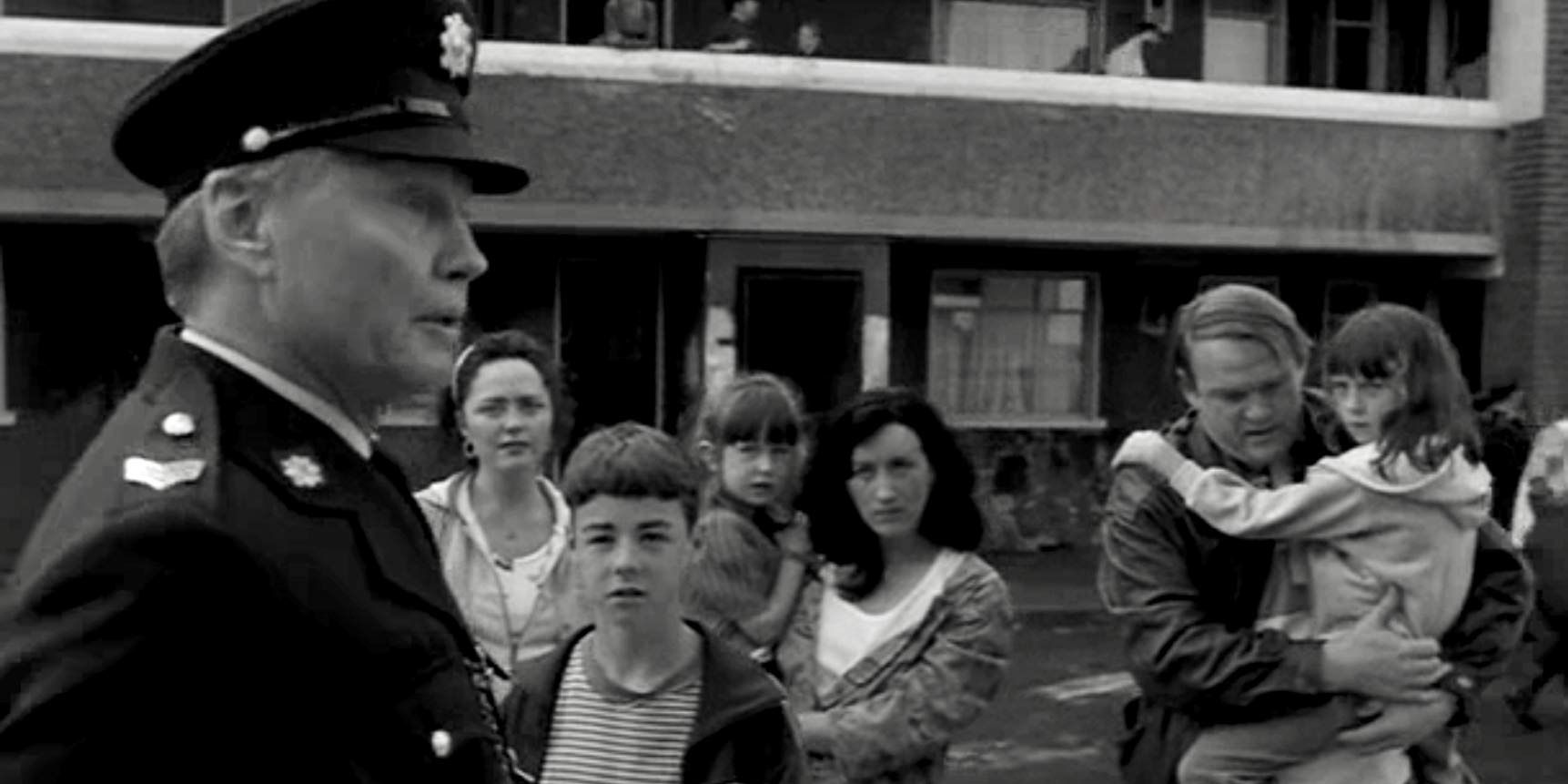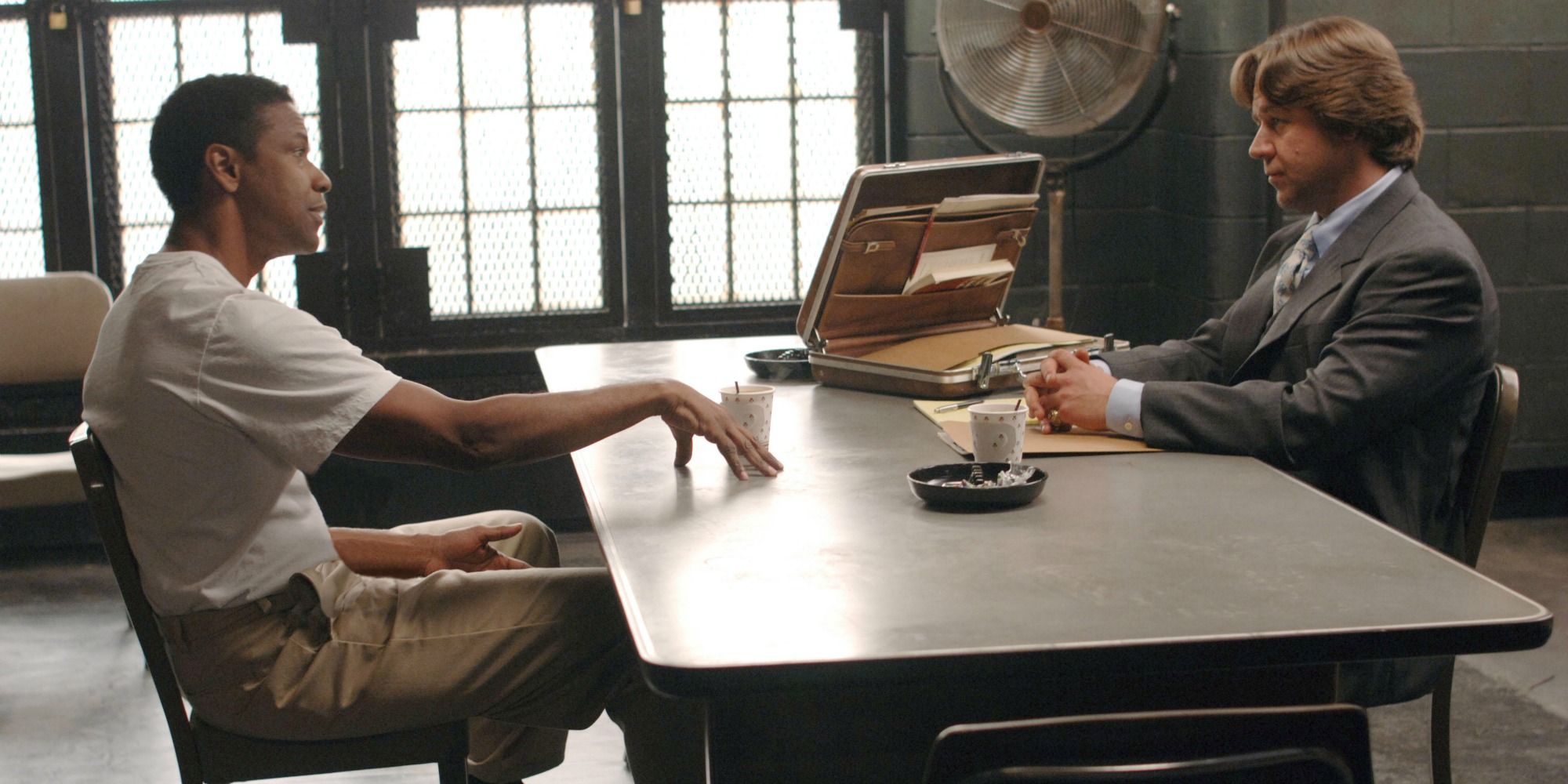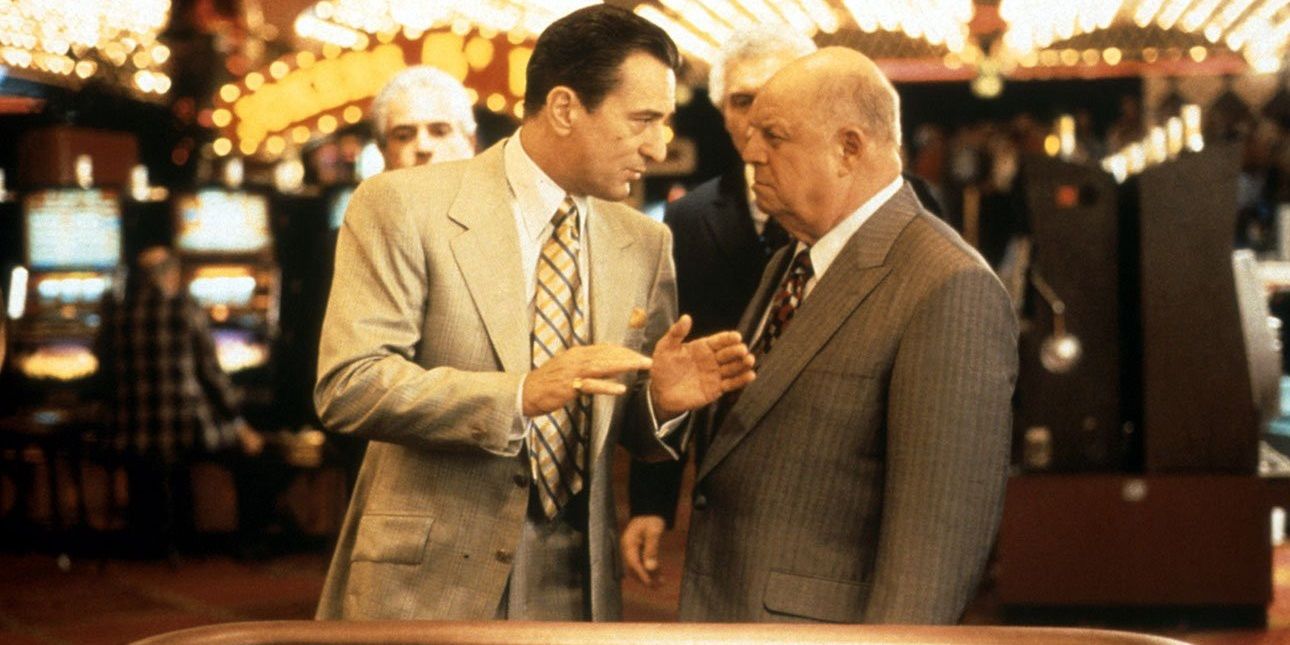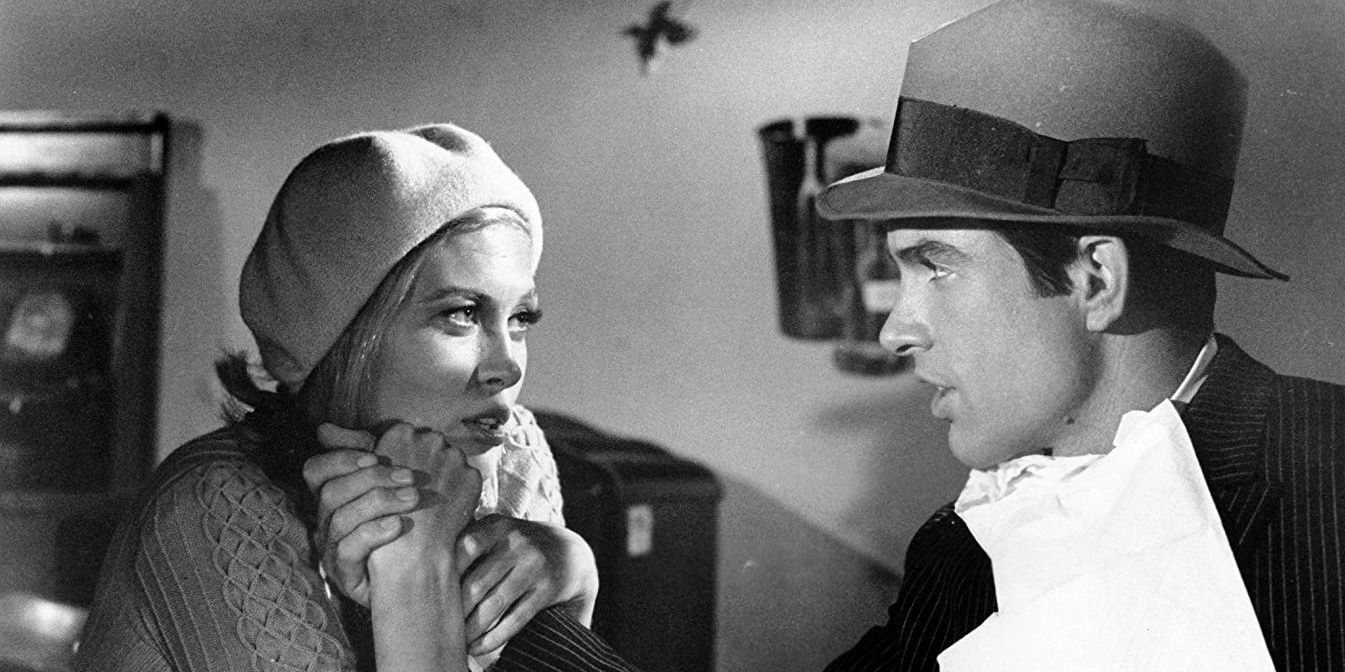How historically accurate is your favorite gangster movie? Is it really based on a true story or is it based on the director's imagination? A better question would be, does it really matter? Well, if the movie is good, it can always be argued that the truth doesn't matter. Sometimes fictional details have to be added for dramatic purposes.
However, if a movie is bad, we can't help but wish that all those involved in making it ought to have stuck with the real story. Maybe if they did, it would have been better. History lovers also don't like it when media tweaks the details. If the story is based on real-life, sometimes it's best to stick with the details.
Here are the most historically accurate as well as the not-so-accurate gangster flicks.
Accurate: Public Enemies (2009)
Public Enemies told the story of infamous bank robber John Dillinger (Johnny Depp) as he caused havoc in America during The Great Depression. The material of the film was sourced from the book Public Enemies: America's Greatest Crime Wave and the Birth of the FBI by historian Brian Burrough.
Burrough praised the film's director Michael Mann as "a real stickler for historical accuracy." Even though a few moments in the film (mostly the action sequences) have been exaggerated for entertainment purposes, much of the story from the beginning to the end is true.
Inaccurate: Bugsy (1991)
Bugsy tells the story of real-life mafia boss Bugsy Siegel and his exploits in Las Vegas. The film was based on the Dean Jennings book We Only Kill Each Other. However, there are some inaccuracies. In the film, Siegel is shown closing the Flamingo Hotel in Vegas on Christmas Day, 1946 for renovations then he gets murdered that night in his home while he's alone.
In real life, Siegel's murder took place six months after he closed the hotel. He also wasn't alone when he was killed. He was with an associate called Allen Smiley. Siegel is also said to have built the Flamingo Hotel in the film, but in real life, it was constructed by Las Vegas' Founding Father Billy Wilkerson.
Accurate: Gangs Of New York (2002)
Gangs Of New York received praise for accurately depicting the era upon which it is based. In it, Irish immigrants moving to the United States in large numbers and this triggers resentment among locals. This sets the premise for the rest of the story. Surprisingly, Scorsese began planning to make the film 30 years before its release.
Tyler Anbinder, a historian and professor at George Washington University said that Martin Scorsese accurately recreated the New York environment in the 1830s to show the disorder that was present. Portrayed by Daniel Day-Lewis, William "Bill the Butcher" Cutting owned a butcher shop and was also as ruthless in real life as he was in the film.
Inaccurate: The Untouchables (1987)
The Untouchables stars Kevin Costner as Elliot Ness, an FBI agent keen on taking down Al Capone (Robert De Niro) during the Prohibition Era. Ness moves to Chicago to hunt down Capon but due to the mobster's influence in the city, he has a hard time doing so.
In as much as Ness wanted to take Capone down for his violent crimes, it didn't happen that way. What ultimately brought the ruthless mobster down was income tax evasion. In The Untouchables, an accountant is put on Ness's team to help with the tax investigations. In reality, Ness wasn't the one spearheading the federal tax prosecution. This was done by IRS agent Frank Wilson and his team. Ness had completely failed to take down Capone himself. But a movie about tax charges wouldn't have been interesting, right?
Accurate: Legend (2015)
It's hard to point out a bad performance by Tom Hardy. Even in films with poor reviews like Venom, Hardy always delivers. In Legend, he stood out too by playing the famous Kray Twins. The film covers both their personal lives and exploits in crime.
In an interview with The Guardian, Maureen Flanagan, a family friend to the Krays, admitted that the film got most things right. She said: " I thought the film was great. Tom Hardy got everything right as Reggie: the walk, the beautiful hands, the way he holds the cigarettes and that frown which was always quizzical as if he’s just about to ask you a question. And then, on the other hand, when he plays Ron, he’s menacing and he’s got the stare absolutely right. I think he gives a fabulous performance."
Inaccurate: Black Mass (2015)
Widely praised by critics, Black Mass saw Johnny Depp playing notorious Irish Gangster James "Whitey" Bulger. The movie was based on the accounts in the book Black Mass: The True Story of an Unholy Alliance Between the FBI and the Irish Mob by Gerard O'Neill and Dick Lehr.
Sadly, Black Mass didn't impress the real Bulger. He hated it and even refused to finish watching it. His longtime friend Kevin Weeks said the movie pure fiction. He went on to add that the only thing they got right was Whitey's hairline.
Accurate: The General (1998)
The film is about Dublin gangster Martin Cahill, aka "The General." Cahill often pulled off outrageous crimes. He once ransacked a police station in order to find the best weapons. He also enjoyed stealing art and eliminating anyone who put themselves on the frontline in the fight against crime.
When a forensic expert known as Dr. James O'Donovan came up with new forensic ideas to capture criminals, Cahill planted a bomb in his car. The explosion left O'Donovan disabled. John Boorman, the director of the film, was a victim too. Cahill stole an award that Boorman had been given for directing an earlier film. However, Cahill broke it in frustration after realizing it wasn't made of pure gold.
Inaccurate: American Gangster (2007)
American Gangster told the story of Frank Lucas (Denzel Washington), an African American gangster who started out as the driver to Harlem mob boss Bumpy Johnson then rose to lead New York City's underworld. By making more potent drugs than his competitors, Frank managed to steal all his competitor's customers.
The real Frank Lucas gave interviews after the film's release and admitted to being impressed with Washington's portrayal of him. However, he insisted that only small sections were true. Oops! At the same time, Richie Roberts, the cop tasked with taking down Frank wasn't portrayed properly. In the film, Richie (played by Russel Crowe) has a custody battle with his ex-wife while in real life, he never had a child.
Accurate: Casino (1995)
Casino focuses on three characters, namely: Lefty Ace Rothstein (Robert De Niro), an expert in running the gambling business; Nicky Santoro (Joe Pesci), a friend to Ace and member of the mafia; and Ginger McKenna (Sharon Stone, a former prostitute who likes the good things in life.
The movie got plenty of things right, like the hands of a cheating gambler being crushed by security guys, Nicki Santoro being banned from every Casino in Vegas, Nicky recruiting his brothers from home to commit heists and Nicky putting a rival's head in a vise after murdering him. This was confirmed by Frank 'Lefty' Rosenthal, the real-life character that inspired De Niro's character.
Inaccurate: Bonnie and Clyde (1967)
The film chronicles the lives of gangsters-in-love Clyde Barrow and Bonnie Parker. Bonnie and Clyde's ending is considered one of the bloodiest endings in film history. It was one of the films of the New Hollywood Era where extreme violence and sex began to be included.
The most common flaw of the film is its portrayal of legendary Texas Ranger Frank Hamer as a man after revenge. The couple captures him and humiliates him before releasing him. In real life, Hamer never met the couple before killing them. He was only convinced to come out of retirement to help in hunting them down. Consequently, Hamer's widow sued the producers of the film for defamation. Hamer's story was later told properly in the Netflix film The Highwaymen.

